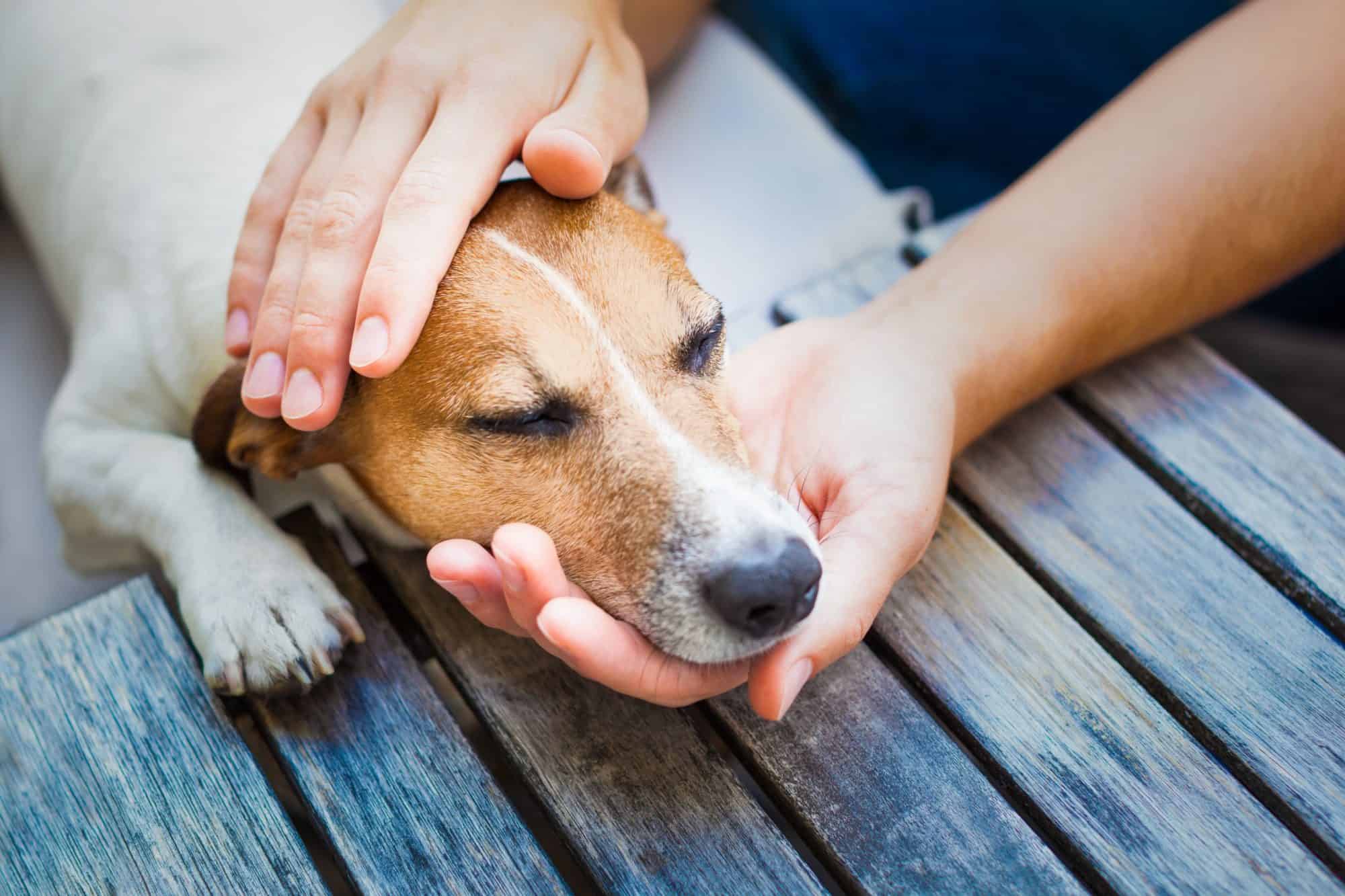A Labor of Love: Caring for a Sick Pet

When a pet is not well, it can be a stressful time. While our staff at Bowman Veterinary Hospital likes to think we are pretty good at helping animals, the truth is that a lot of caring for a sick pet falls on your shoulders as their guardian.
Preparing for the Possibility of Pet Illness
No one wants to plan for something bad to befall their pet, but pet illness and injury happens. There are certainly a few things that you can do as your pet’s advocate to set yourself up for success if something should happen, though.
Ways to help yourself navigate veterinary trouble successfully include:
- Maintaining a current relationship with routine pet wellness examinations so that we are better equipped to help your pet
- Considering pet insurance to help you fill in potential financial gaps in case of emergency
- Knowing where 24-hour emergency animal hospitals exist in your area
- Putting together a small pet first-aid kit with basic equipment
Thinking ahead can really make a big difference in helping an animal in need.
Keys to Caring for a Sick Pet
A seriously injured or sick pet is likely to be hospitalized, but once the patient is stable, most are much happier recovering at home.
Being your pet’s full time nurse can be a little overwhelming, but we promise that you are capable. There are some key elements to successfully caring for a sick pet. Be sure to pay attention to them, and you should be good to go.
- Encourage rest—Most of the time a sick or injured pet needs a lot of rest to aid recovery. Be sure that your patient has a quiet, comfortable place to rest where other pets and family members will not disturb them.
- Pay attention to detail—Since your furry patient cannot speak it is up to you to pay very close attention to how they are doing. Things like overall demeanor, respiratory rate, body temperature, appetite, water intake, activity level, and bathroom habits can hold important clues to assessing recovery.
- Give medications as prescribed—If we have prescribed your pet a medication, it is for a reason. We want to prevent pain and help your pet feel better. Please let us know if you are having trouble giving medications or are suspicious of side effects so that we can address these things appropriately.
- Follow directions—Most patients are discharged to their owners with specific care instructions. Any feeding directions, exercise restriction, wound or incision care instructions, and recheck recommendations should be followed. Call us if you have questions about your pet’s instructions.
- Enrich your pet—Recovery can be lonely (and a little boring). Be sure to enrich your pet with fun, interactive games (hide the treat is great if your pet’s diet is not restricted), puzzles, a nice massage, or watching out the window together.
- Communicate—Don’t ever forget that we are a team in your pet’s recovery. Letting us know how things are going, expressing concerns, and asking for advice is key.
We are sure that your pet is thankful to have you to care for them, and we are thankful to have your help and support. Caring for a sick pet can be a tough job, but there is no better person to do it than their family whom they love.


